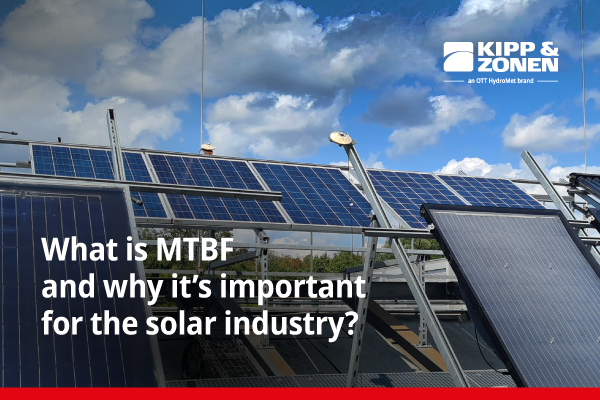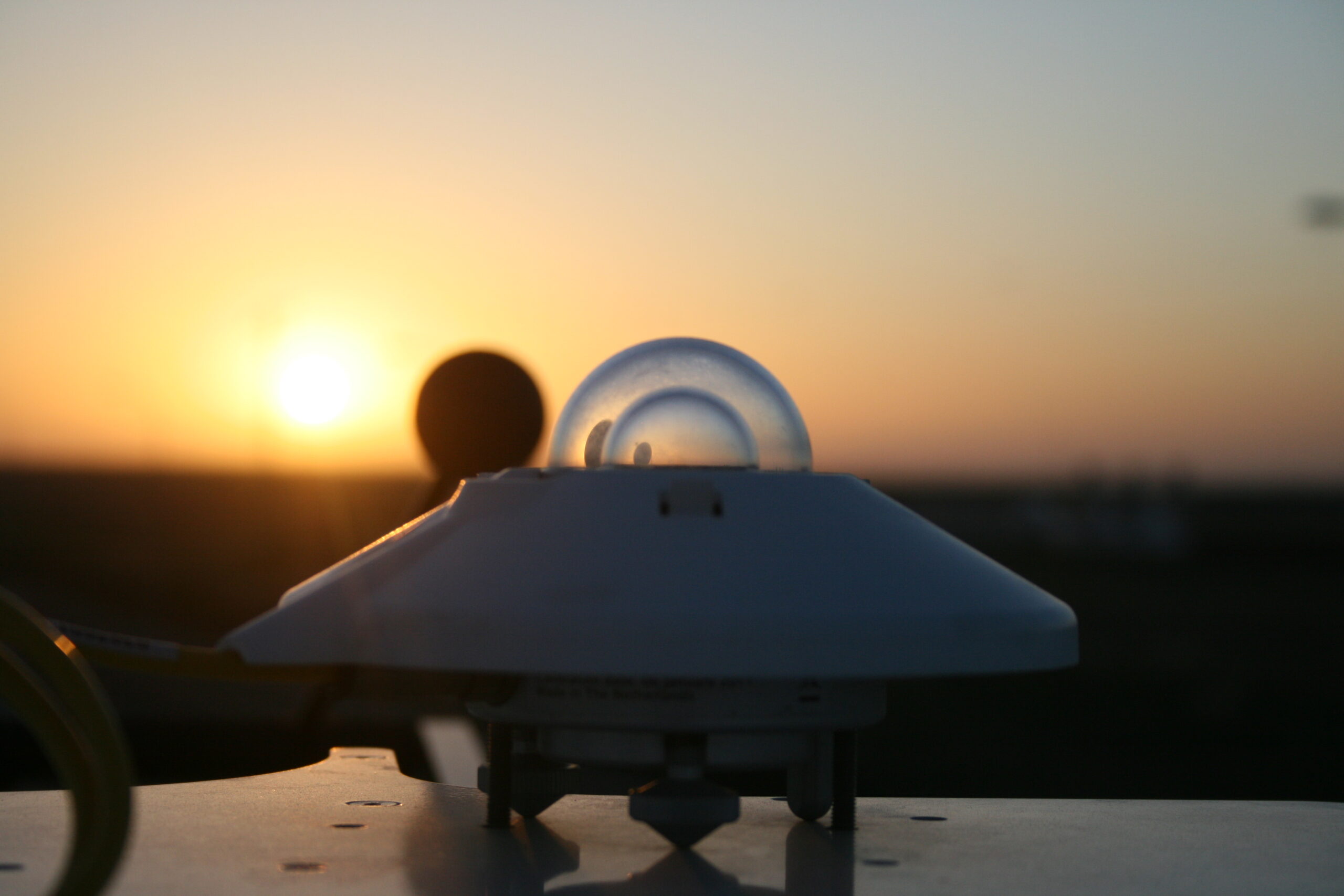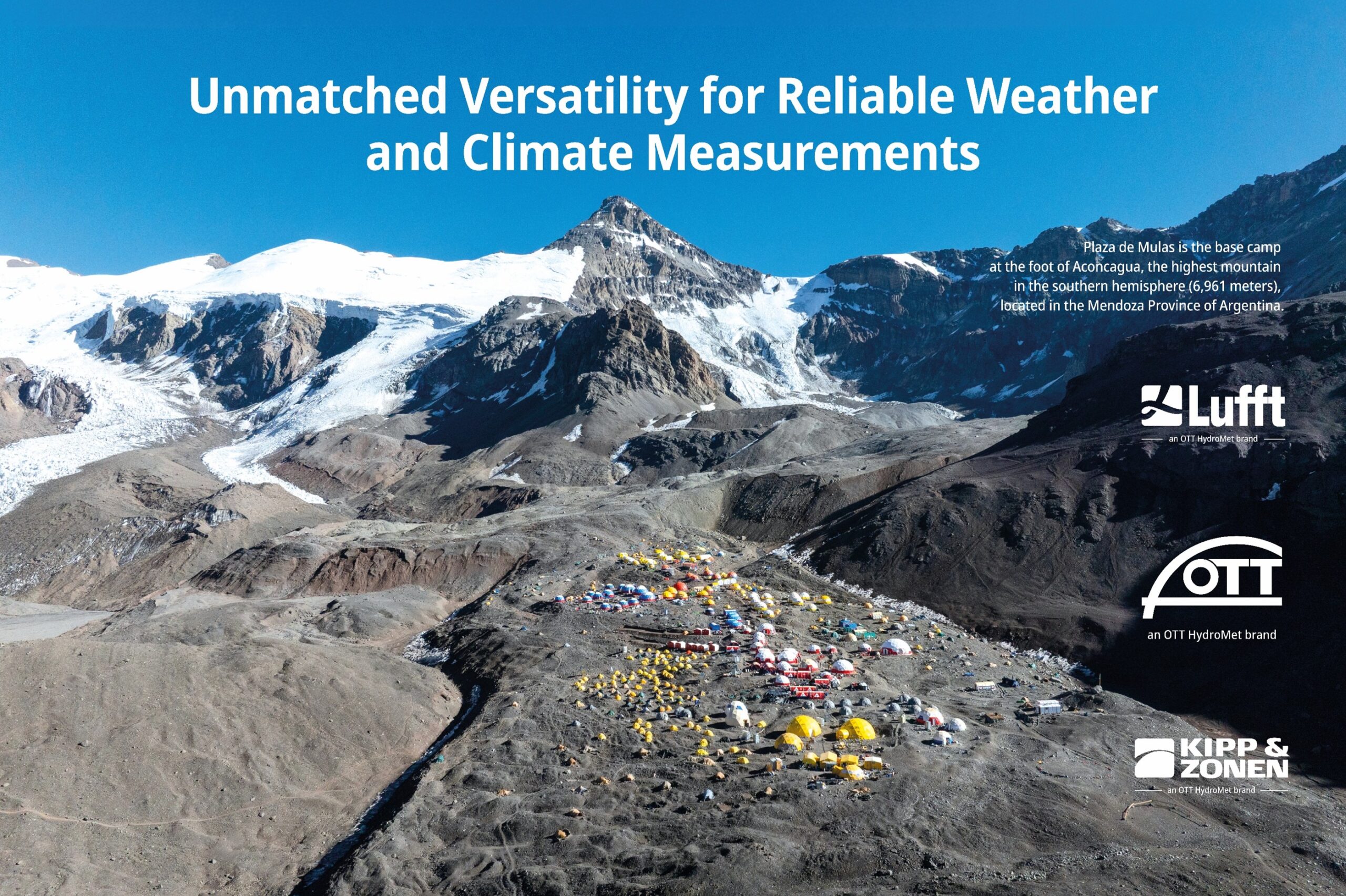In the world of solar energy measurement, precision and reliability are non-negotiable. For around a century, Kipp & Zonen has set the benchmark in solar irradiance monitoring, and nothing illustrates this legacy better than the long-standing partnership with the University of Applied Sciences in Saarland, Germany.
Back in the early 1990s, the institute began using Kipp & Zonen pyranometers to evaluate the performance of solar thermal collectors and complete thermal solar systems. By 1996, they had established the Test Center for Thermal Solar Systems Saarbrücken (TZSB), gaining DIN CERTCO recognition. This evolved into full accreditation by DAkkS in 2001, enabling standardized testing under ISO 9806, EN ISO 12976, and EN ISO 12977 for Solar Keymark certification – at a time when demand for certified solar thermal products was booming worldwide.
Even after the closure of the test center in 2015, the pyranometers remained in active use for research, teaching, and student projects with the focus on PVT (photovoltaic-thermal) solar collectors. The continued performance of the pyranometers is a testament to their durability. As one long-time customer, who has used Kipp & Zonen sensors since the 1990s, put it:
I can’t recall a single defect in a Kipp & Zonen pyranometer that wasn’t directly caused by user error. Some of our units from the early '90s are still working flawlessly.
Danjana Theis, Solar Energy Researcher at htw saar
Over the decades, Kipp & Zonen has deployed more than 100,000 sensors across all climate zones worldwide, building a unique body of experience in long-term stability.
What is MTBF and why it’s important for the solar industry?
MTBF (Mean Time Between Failures) is an important metric for assessing system reliability. It represents the average duration a repairable system or component functions before encountering a failure. This metric is distinct from MTTF (Mean Time To Failure), which applies to systems that cannot be repaired once they fail.
Pyranometers are deployed in remote and extreme environments – from deserts to polar regions – to measure solar irradiance. High MTBF values ensure these instruments can operate continuously and reliably without frequent failures or replacements.
The Mean Time Between Failures (MTBF) for Kipp & Zonen pyranometers exceeds 10 years, with many units operating flawlessly for over three decades. This longevity is not just a statistic – it’s a lived experience for customers like HTW Saar.
In the solar industry, where every watt counts, MTBF is more than a technical metric – it’s a measure of operational confidence, cost efficiency, and data reliability. Pyranometers with high MTBF values help solar operators:
- Reduce downtime and maintenance costs
- Ensure long-term data accuracy
- Meet regulatory and performance standards
- Build investor trust through proven durability
When a customer tells us their pyranometers have been running without issue for over 30 years, it’s a powerful reminder of what long-term reliability really means and validation of everything we stand for.
Tobias Weil, Senior Sales Manager at OTT HydroMet
Ready to explore the reliability behind the numbers?
Whether you’re evaluating solar performance, planning long-term investments, or simply curious about what makes Kipp & Zonen pyranometers stand the test of time, we’re here to help. Reach out to us to learn more about how our sensors can support your solar journey – today, tomorrow, and decades from now.




